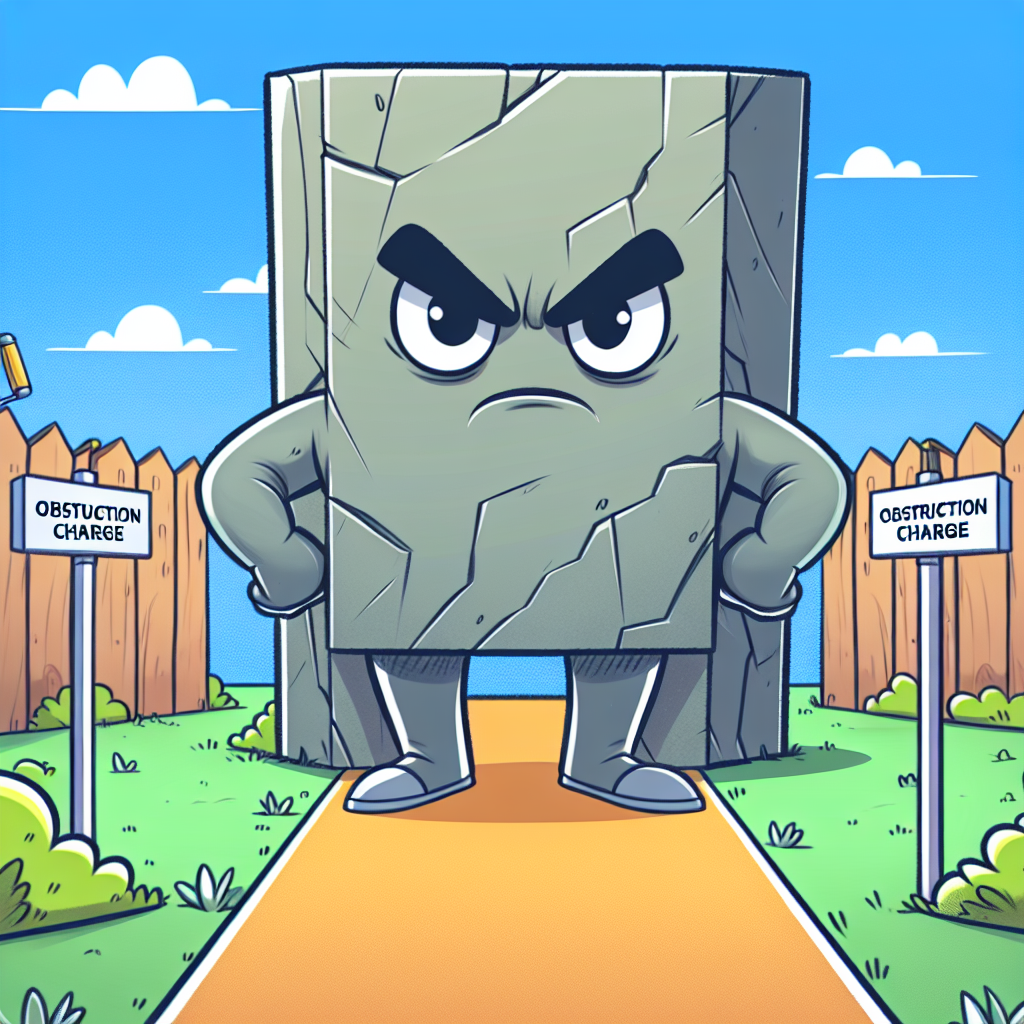Supreme Court Ruling Challenges Obstruction Charges for Capitol Riot Defendants
A U.S. prosecutor announced that the Justice Department will not revive an obstruction charge against former police officer Joseph Fischer, linked to the U.S. Capitol riot, after a Supreme Court ruling elevated the legal threshold for prosecution. The decision impacts over 250 related cases, altering the course for ongoing and future trials.

In a significant legal development, a U.S. prosecutor disclosed on Wednesday that the Justice Department would not seek to revive an obstruction charge against Joseph Fischer, a former police officer involved in the U.S. Capitol riot. This follows a Supreme Court decision that raised the legal bar for such charges.
The June ruling from the Supreme Court mandates that prosecutors must now demonstrate that defendants either impaired the availability or integrity of documents related to the congressional certification of the 2020 election. Prosecutor Alexis Loeb revealed that the government will proceed to trial on six other charges against Fischer, with the trial scheduled for February 2025.
The Supreme Court decision has substantial implications for over 250 related prosecutions, as federal prosecutors have already dropped obstruction charges against more than 60 defendants. This ruling has instigated new legal battles over how to proceed with cases under the now-rejected theory that obstruction involved general attempts to halt the congressional process.
(With inputs from agencies.)










